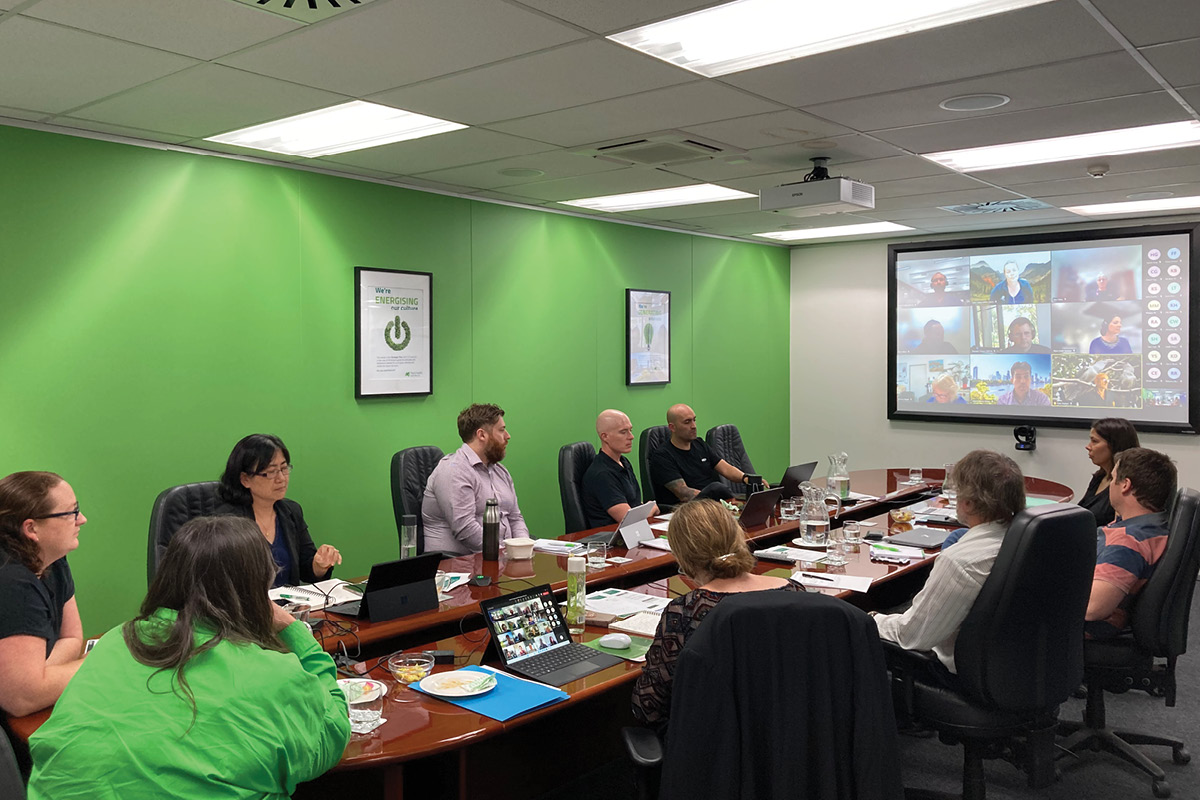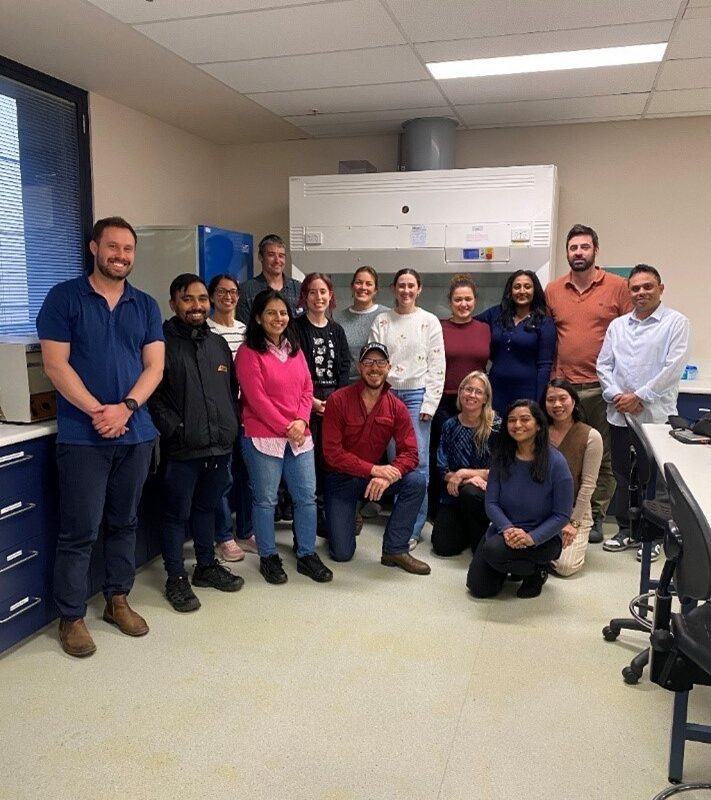Scoping a centralised HTS database
Australia has an increasing need for fast and accurate identification of plant pests. High Throughput Sequencing (HTS), also known as next-generation sequencing or deep sequencing, is a significant new method in plant health diagnostics.
HTS generates massive datasets, and the increasing amount of data being generated on pests and pathogens of plants has emphasised the need for a secure, centralised platform that allows the submission, sharing and analysis of standardised HTS data.
As part of a project funded under the Australian Government’s Department of Agriculture, Fisheries and Forestry’s (DAFF) Biosecurity Innovation Program, Plant Health Australia (PHA) hosted its second stakeholder workshop in February to continue consultation on the scope of the proposed nationally coordinated HTS database. The workshop was facilitated by MTP Services who is contracted to scope and design the database and consult on maintenance requirements.
The workshop was well attended with 32 participants from a wide range of stakeholder organisations including DAFF, state and territory government departments, CSIRO, Bioplatforms, Queensland University of Technology (QUT), Forests and Wood Products Australia (FWPA) and Hort Innovation. The workshop developed and scoped out user requirements and expectations, clarified the type of data, metadata requirements, data standards, and access levels and security.
One-on-one interviews with selected workshop attendees will be undertaken by MTP Services to finalise user requirements for database administrators, data providers and data users. The final workshop will be held in Melbourne on 18 April to address insights and issues before the report is finalised.
For further information please contact PHA’s Cheryl Grgurinovic or Lucy Tran-Nguyen.






